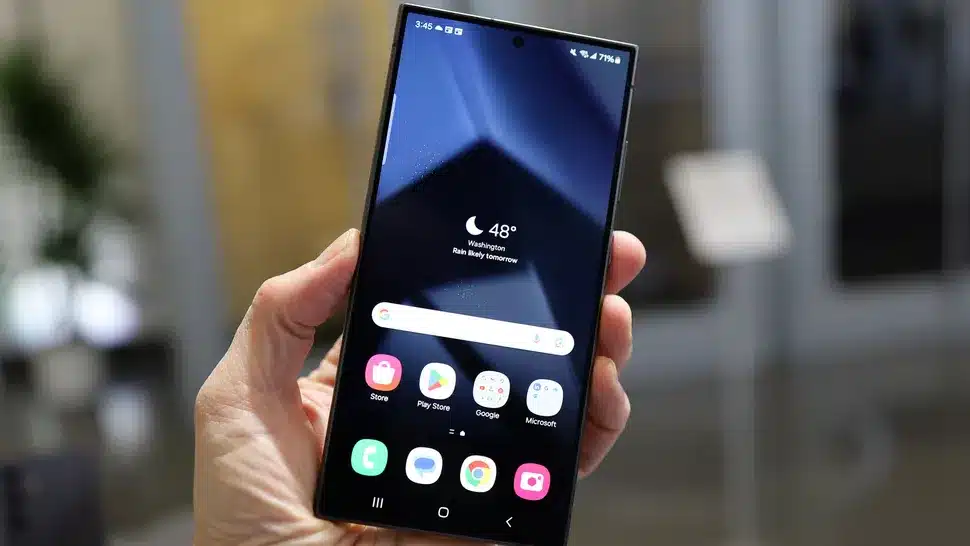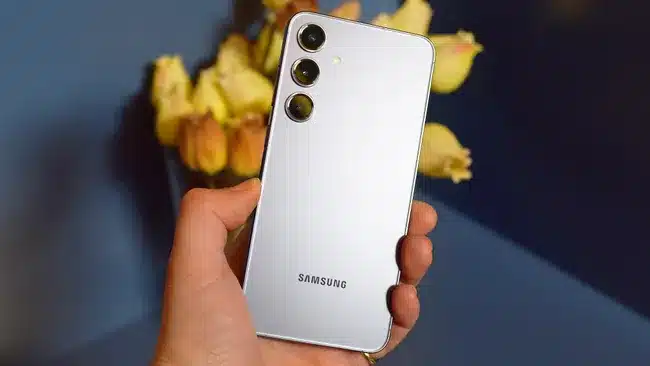As anticipation builds for Samsung’s next flagship smartphone, the Galaxy S25, leaks and rumors continue to provide insights into its potential features and specifications. One of the most crucial aspects of any smartphone is its chipset, as it directly impacts performance, efficiency, and overall user experience. In this article, we delve into the latest clues and speculations surrounding the chipset for the Samsung Galaxy S25, offering a detailed analysis of what consumers can expect from this upcoming device.
The Importance of Choosing the Right Chipset
The chipset plays a pivotal role in determining a smartphone’s capabilities. It encompasses the processor, graphics unit, AI capabilities, and connectivity features, influencing everything from app performance to gaming and battery life. Samsung traditionally opts for cutting-edge chipsets to power its flagship devices, setting high expectations for the Galaxy S25.
Potential Chipset for Samsung Galaxy S25
Recent leaks and industry insider reports suggest that Samsung is considering two primary chipset options for the Galaxy S25:
- Exynos 8000 Series: Samsung’s in-house Exynos chipset series has been a staple in its flagship devices. The latest iteration, potentially named the Exynos 8950 or similar, is rumored to feature significant improvements in performance, energy efficiency, and AI processing capabilities. This chipset is expected to leverage advanced manufacturing processes, possibly 4nm or even more refined technology, to deliver top-tier performance.
- Qualcomm Snapdragon 8 Gen 4: Samsung typically offers Snapdragon-powered variants of its flagship devices in select regions, including North America and China. The Snapdragon 8 Gen 4, Qualcomm’s latest flagship chipset, promises enhanced CPU and GPU performance, improved AI processing, and superior 5G connectivity capabilities. If chosen, this chipset would ensure that the Galaxy S25 remains competitive in the global market.
Expected Performance and Features

Regardless of the chosen chipset, the Samsung Galaxy S25 is anticipated to deliver:
- Improved Processing Power: Faster app loading times, smoother multitasking, and enhanced gaming performance.
- Advanced AI Capabilities: Enhanced AI processing for camera optimizations, voice assistants, and overall user experience.
- Efficient Battery Management: Optimized power consumption for extended battery life, even with intensive use.
Rumors vs. Reality: What to Expect
While leaks provide valuable insights, it’s essential to approach them with caution until official announcements confirm the details. Samsung may choose to surprise consumers with additional features or partnerships that complement the chosen chipset, further enhancing the Galaxy S25’s appeal.
Pros and Cons
Pros:
- Top-tier Performance: Whether powered by Exynos or Snapdragon, the Galaxy S25 is expected to offer cutting-edge performance.
- Advanced AI Integration: Improved AI capabilities for smarter device operation and enhanced user interaction.
- Future-Proof Connectivity: 5G compatibility ensures fast and reliable network connectivity in supported regions.
- Potential Efficiency Gains: Both chipsets are likely to bring energy efficiency improvements, contributing to longer battery life.
Cons:
- Regional Variations: Availability of specific chipset variants may vary by region, limiting consumer choice in some markets.
- Price Considerations: High-end chipsets often contribute to the overall cost of flagship devices.
- Performance Disparities: Historically, differences in performance between Exynos and Snapdragon variants have been observed, depending on the region.
Conclusion
The Samsung Galaxy S25 promises to be a powerhouse device, leveraging a state-of-the-art chipset to deliver exceptional performance and innovative features. Whether it’s the Exynos 8000 series or Qualcomm Snapdragon 8 Gen 4, consumers can expect a device that pushes the boundaries of mobile technology. As Samsung continues to refine its flagship lineup, the Galaxy S25 is poised to set new standards in performance, design, and user experience.













